Great Pyrenees and Karakachan Livestock Guardians
|
|
|
Breeder of Livestock Guardian Dogs
Great Pyrenees and Karakachans
Whether you need a diligent working dog or a faithful pet, Lone Star Goats breeds top-choice canines for you. We use these intelligent, friendly animals on our own family goat farm and sell them to other ranchers and families throughout the region.
Over the years, we've earned a reputation as a trusted breeder of livestock guardian dogs, known for our Great Pyrenees and Karakachans. We look forward to helping you meet your new canine companion.
Raised with Care
Livestock guardian dogs have been bred for centuries to cultivate the right temperament and physical attributes. However, nurture is just as important as nature. That’s why we raise our dogs from birth with the utmost care and attention and ensure they are well socialized. Our goal is to ensure you receive a companion/guardian perfectly suited to your needs, whether you own a farm or are seeking a highly active and intelligent pet. Talk to us to learn more about our methods for raising working guard dogs.
|
|
|
Meet Our Working Dogs
We can't say enough about our dogs. All of our Great Pyrenees have been DNA tested. And all have results of being 100% pure Great Pyrenees. They are loyal, devoted to their herd, well socialized, and amazing to watch when working. Our dogs guard Nubian and Savanna herds and do a magnificent job. The Great Pyrenees and Karakachan breeds are a must if you plan to raise goats and have them protected from predators such as fox, coyotes, and bobcats.
|
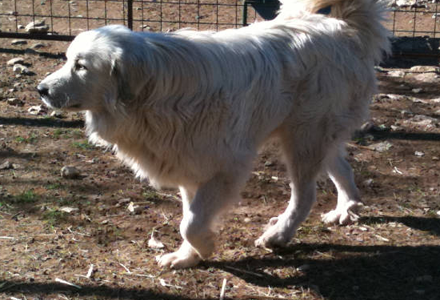
Cody - Great Pyrenees
Rest in Peace - You are so missed.
April 2010 - February 2020
|
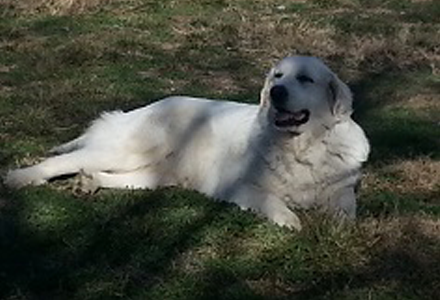
Cedar - Great Pyrenees
Rest easy - Such a good girl.
April 2010 - June 2023
|
|
|
|
|
|
|
|
|
|
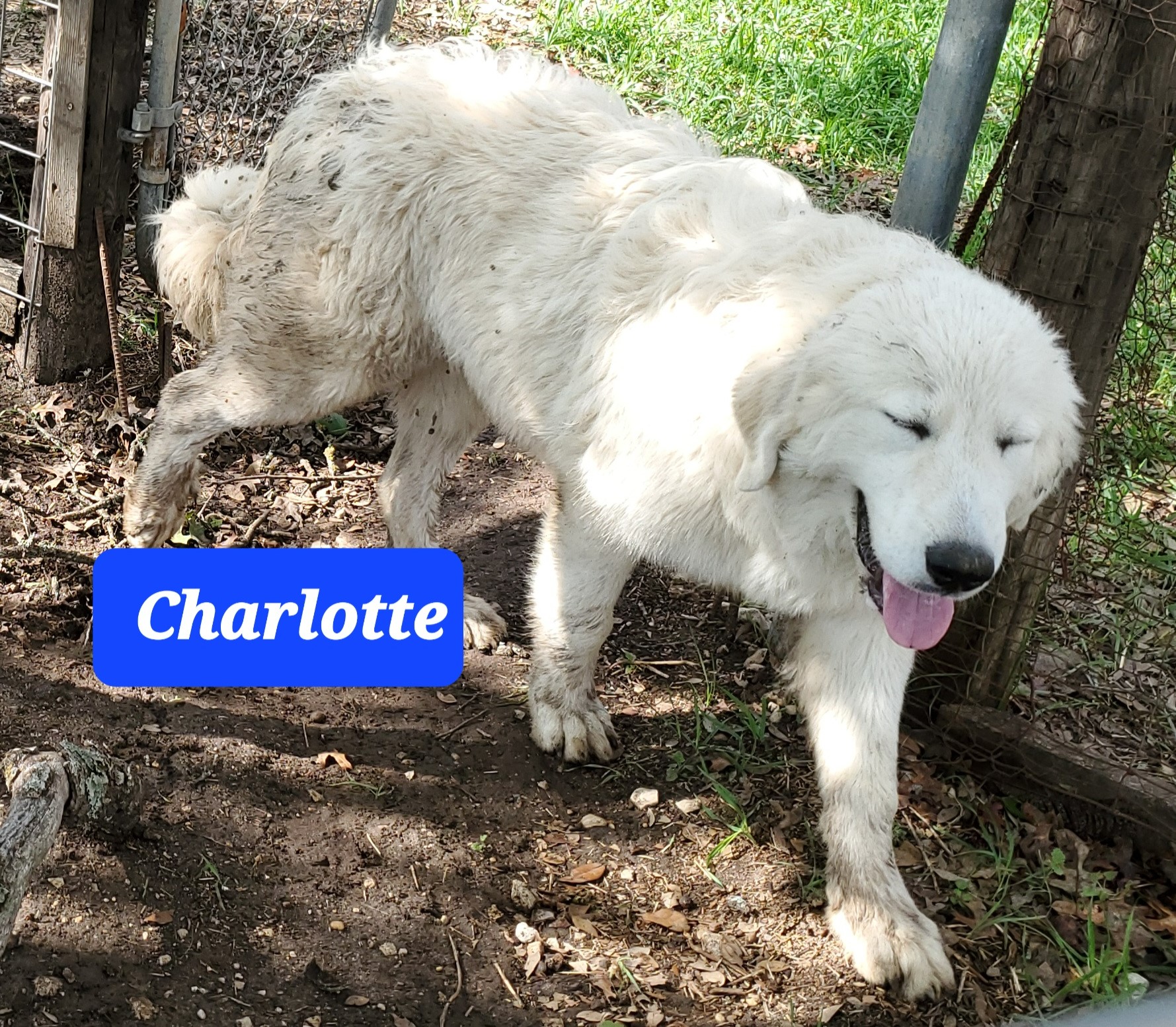
|
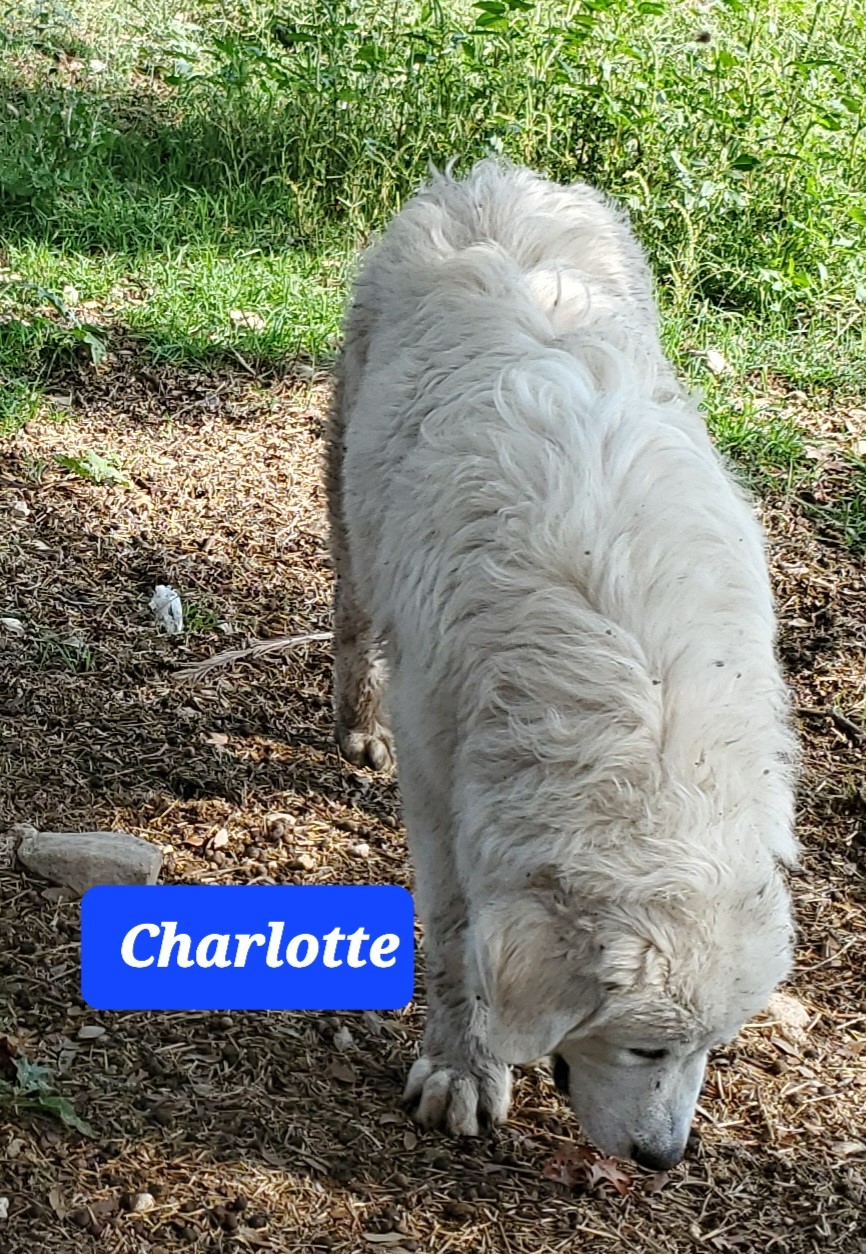 |
|
Charlotte - Great Pyrenees - AKC Registered
|
|

|
|
| Caden - Karakachan - AKDA Registered |
|
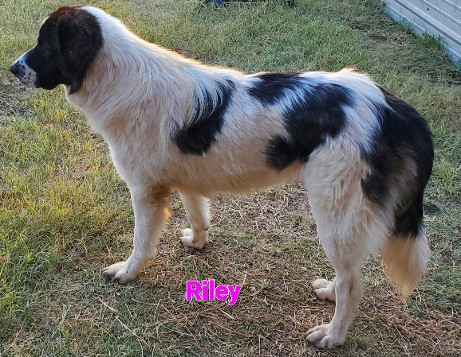
|
|
|
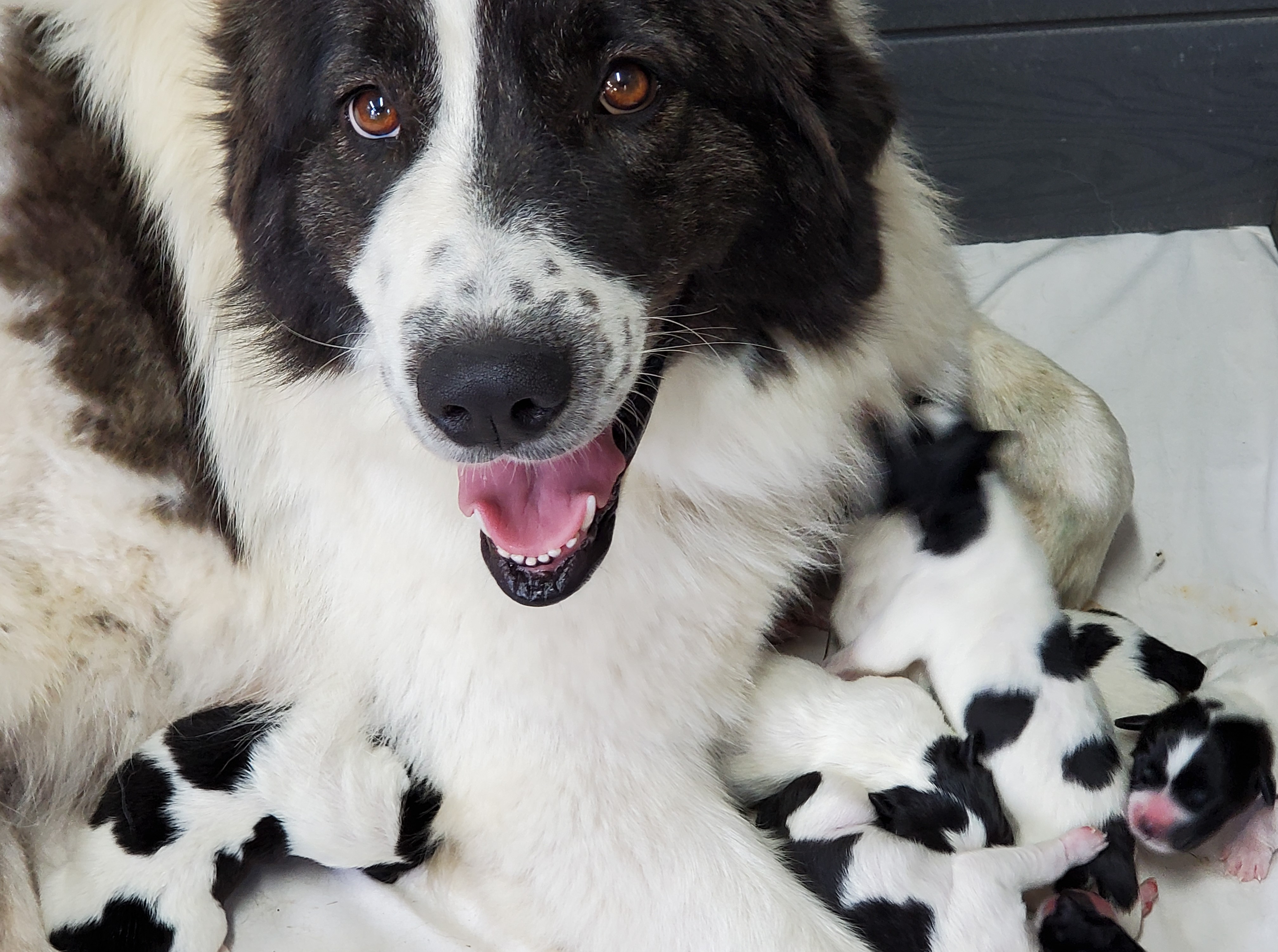
|
|
Riley - Karakachan - AKDA Registered
|
|
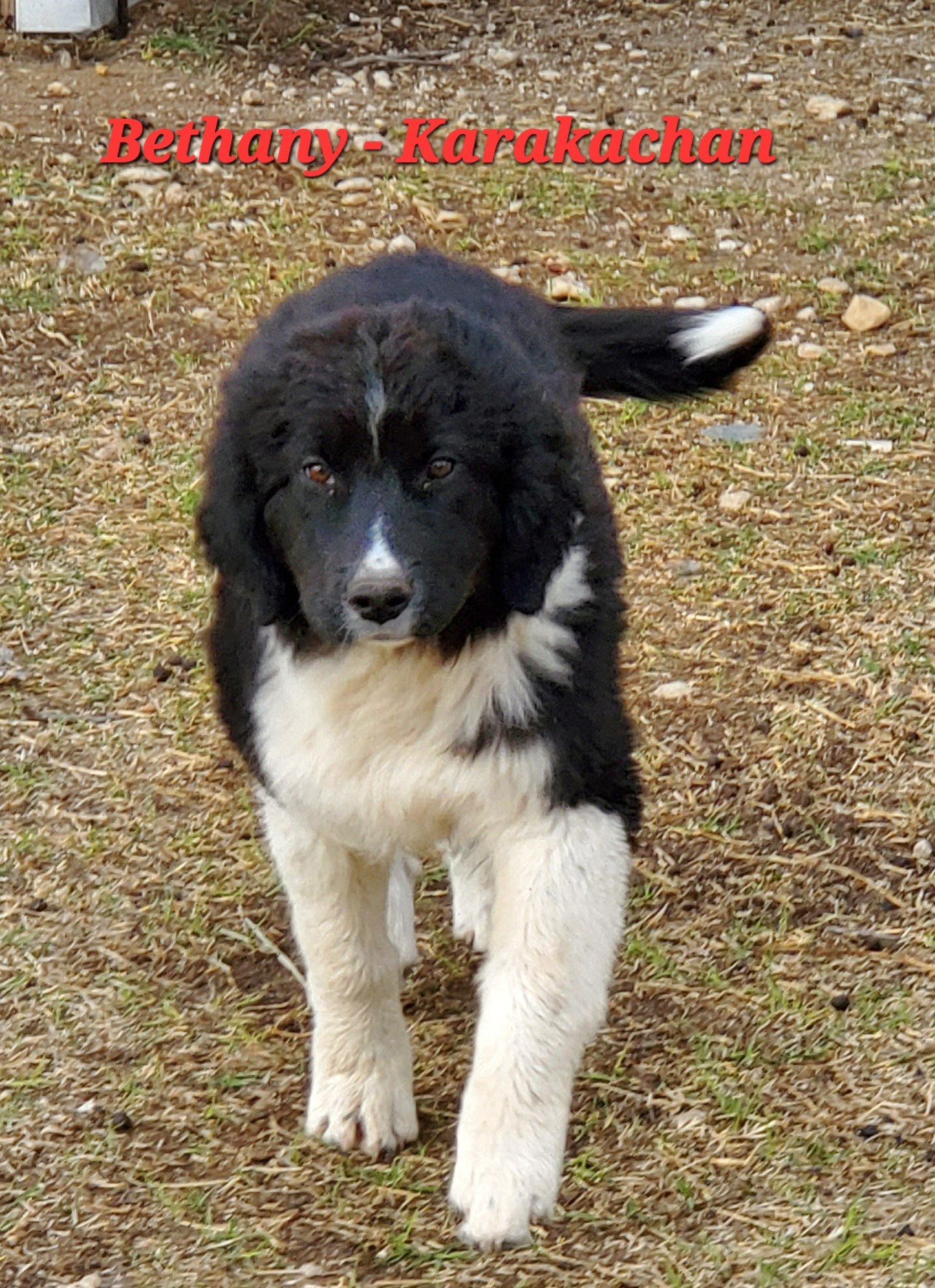
|
 |
| Bethany - Karakachan - AKDA Registered |
|
|
|
We will update the site with more information on upcoming litters in 2024 soon. Planned breedings below.
|
|
|
|
|
|
|
|
|
|
|
|
|
We have a waiting list. Text or email if you would like to be on it. We will need, name, phone number for texting, email, male or female preference and location.
254 289 5431
lonestargoats@gmail.com
|
|
|
|
|
We can be contacted at (254) 289 5431 or email us at lonestargoats@gmail.com.
***********************
Please note: We do not ship puppies.
Visit us at Lone Star Goats, 3895 Farm to Market 1715, Lampasas, TX. By Appointment only.
You can also find us on Facebook/Lone Star Savannas Goats, Great Pyrenees & Karakachan LGDs
***********************
|
|
|
|
|
Great Pyrenees
Great Pyrenees are impressive European livestock guardian dogs. Originally from the
Pyrenees Mountains in Western Europe,these dogs have been appreciated for
hundreds of years for their solid temperaments, exceptional guarding abilities, and
gentle natures. They have been used all over the world as guardians of livestock, and
they are still primarily used for this purpose today.Great Pyrenees have been around a
very long time. In fact,the first written record that mentions them dates back to a
Roman author from the first century BCE; however, more detailed descriptions of
Great Pyrenees date back to the 1400s.Because there was not much of a
homogenous breeding program then,the breed varied a lot and was not standardized
until much later in the 1800s.Until then,they were bred primarily by individuals who
used them as guard dogs on farms. They slowly began making their way down the
Pyrenees Mountains in the 19th century,though it is possible that some of them made
it to the New World alongside Spanish conquistadors in the 16th century. Once they
left their native mountainous regions,Great Pyrenees became popular in certain
aristocratic circles, including the French and Spanish aristocracy. Their brilliant white
coats and imposing features made them the favorite dogs of many livestock owners in
the higher echelons of society.Great Pyrenees are not really apartment dogs. Their
large size and history as working dogs make them ill-suited to city or apartment life.
They will thrive in the suburbs or, even better, a rural setting where they will have
plenty of space to roam and plenty of jobs to do. Great Pyrenees will excel as livestock
guard dogs—they’ll take their jobs very seriously. They are wonderful with children
and other animals, and they are exceptional “caretakers.” Great Pyrenees are gentle
dogs. While they will react with intensity and aggression if they feel their family or
their flock is in danger,they are very good at regulating their reactions—they will only
act that way if they really perceive danger. In most other instances, Great Pyrenees
are mild-mannered and sweet dogs that are very loyal with their family and those they
love. A dog of this breed will patrol its perimeter routinely to ensure the protection of its herd. The Great Pyrenees protects its flock by barking and being nocturnal, it tends to bark at night unless trained against such behavior. When there is a goat in distress, the well-trained Pyrenees will protect them at all costs.
The size of the Great Pyrenees dog makes it an imposing guardian; however other characteristics include:
- Males: 26-30 inches (65-75 cm.) and 99-135 lbs
- Females: Height, 25-28 inches (63-72 cm.); weight, 88-125 lbs
- Coloring is white with dark spots or dark-colored with white markings - white being a standard marking of these dogs
- Their heads are broad and massive, with a short, powerful neck
- Their coats vary between long haired or short haired with a heavy undercoat
- They shed their coats naturally in the summer
- Confident, gentle (especially with children), and affectionate
- Territorial and protective of its flock or family when necessary, but its general demeanor is patience and loyalty
- They are a strong-willed, independent, and reserved breed
- They are also attentive, quite fearless, and loyal to their duties
Karakachans
The Karakachan is a large livestock guardian dog from Bulgaria which is often utilized
for its original purpose. These dogs are so ancient that it's difficult to trace their exact
origin.However,the breed is named after the Karakachan people, who were Thracian
nomadic shepherd originally inhabiting the Balkans. With them came their Karakachan
sheep -- considered one of the oldest sheep breeds -- and the dogs who guarded
these flocks against predators: Karakachan dogs. Because these dogs have always
been bred to perform a function, and perform it very well, they don't always have a
consistent look. Like several other working livestock guardian dogs, the Karakachan
can be considered a landrace breed. As you might imagine, Karakachan dogs are not
easy pets; they're first and foremost working animals who need a job. These are
serious livestock guardians who will fiercely protect their flock -- including their
human flock -- from any perceived threats. It is crucial that Karakachans, like other
livestock guardians, are extensively socialized as puppies. These dogs are typically
polite with other animals if exposed to them from a young age, and are incredibly loyal
to their human families. The Karakachan livestock guardian dogs are an LGD breed that has been used for centuries as an integral part of the life of the nomadic shepherds of Bulgaria for sheep and goats. These Bulgarian dogs are rare in the U.S. These are difficult dogs to find in the United States, as the first dogs were imported in 2004. You're more likely to run into them in their native
Bulgaria! Karakachans were bred to protect their livestock against bears and wolves.
Average size and characteristics include:
- Males: 26-30 inches (65-75 cm.) and 99-135 lbs
- Females: Height, 25-28 inches (63-72 cm.); weight, 88-125 lbs
- Coloring is white with dark spots or dark-colored with white markings - white being a standard marking of these dogs
- Their heads are broad and massive, with a short, powerful neck
- Their coats vary between long haired or short haired with a heavy undercoat
- They shed their coats naturally in the summer
- Very serious protector
- Karakachans are strictly territorial
- Visibly aggressive if their livestock are threatened
Their gait is a springy trot, similar to the movement of a wolf - with a coyote problem, these dogs will surely be an asset to the herd.
|
|
|
|
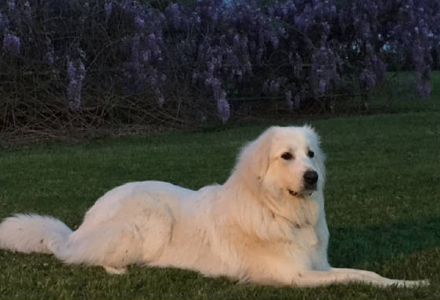
This is Sampson, a past puppy of Cedar and Cody. Thank you to the McDonalds of Katy, Texas, for sharing this picture. He is a beautiful Great Pyrenees and proves that they make great family pets or livestock guardian dogs.
|
|
|
|
|
|